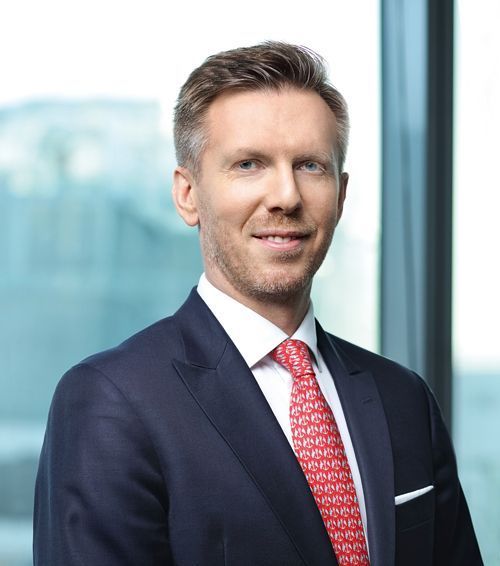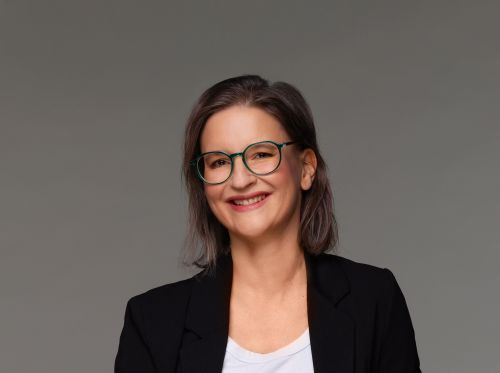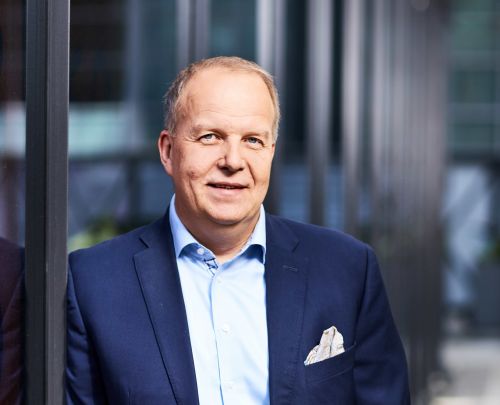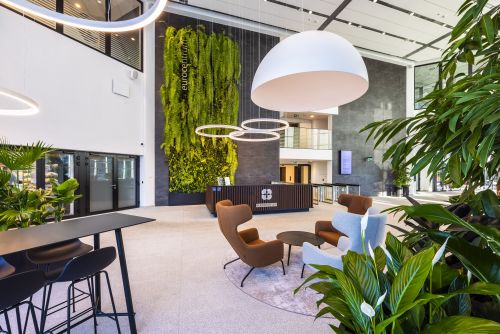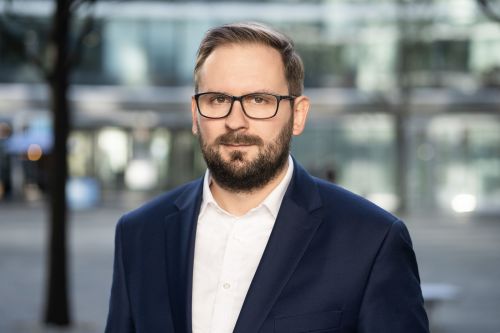‘Eurobuild Central & Eastern Europe’: Reorganising a company is no easy task. What prompted the decision to make these changes?
Tomasz Buras, managing director, head of investment department, Savills Poland: The Polish investment market is continuing to mature, as manifested not only in the greater total transaction volume and the emergence of more new investors, but also by changes in the transaction structure and the requirements of clients in this field. The market is awash with capital and this is being invested faster and in larger tranches than before. There are more and more portfolio transactions, which require a comprehensive approach to the different asset classes as well as the methods of financing these purchases. Bond issues, stock exchange debuts and transactions between companies operating within a group are also taking place. On the one hand, this means that we have to be better when it comes to transaction advisory, and on the other we need to know mo
